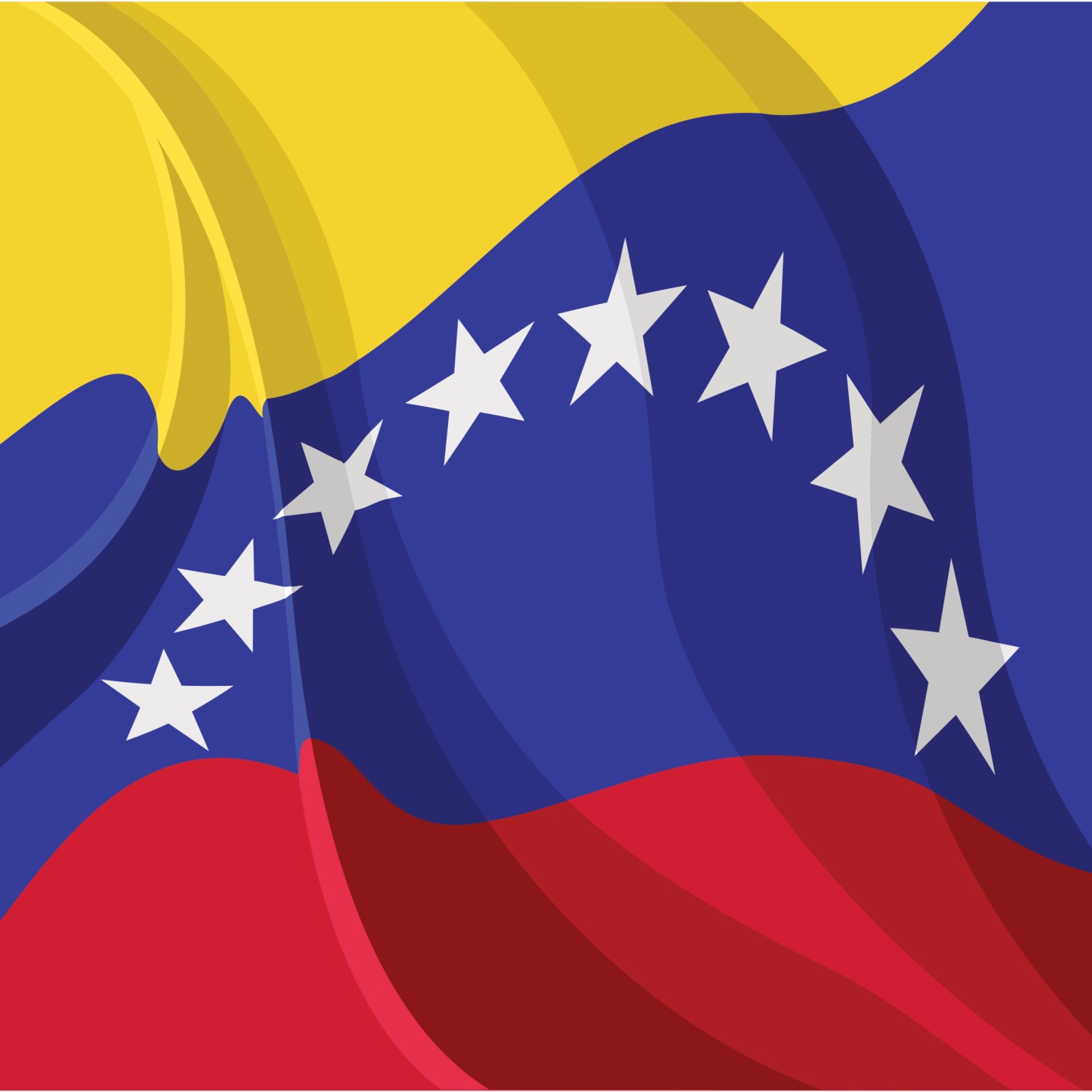
What is wrong with Venezuela? Food riots. Wild inflation. But the country has the world’s largest oil reserves, even greater than Saudi Arabia.
According to the CIA Factbook, this is how the top 10 look in terms of proved reserves:
| Rank | Country | (BBL) | Date of Information |
| 1 | Venezuela | 298,400,000,000 | 1 January 2015 est. |
| 2 | Saudi Arabia | 268,300,000,000 | 1 January 2015 est. |
| 3 | Canada | 171,000,000,000 | 1 January 2015 est. |
| 4 | Iran | 157,800,000,000 | 1 January 2015 est. |
| 5 | Iraq | 144,200,000,000 | 1 January 2015 est. |
| 6 | Kuwait | 104,000,000,000 | 1 January 2015 est. |
| 7 | Russia | 103,200,000,000 | 1 January 2015 est. |
| 8 | UAE | 97,800,000,000 | 1 January 2015 est. |
| 9 | Libya | 48,360,000,000 | 1 January 2015 est. |
| 10 | Nigeria | 37,070,000,000 | 1 January 2015 est. |
The United States is 11th on the list at 36,520,000,000 BBL. All the numbers are unreliable if shale deposits are taken out.
Venezuela’s problem is that it cannot get oil out of the ground. If it could, crude sales might produce enough money to solve some of the nation’s problems. According to CNN Money:
At a time when most OPEC countries are ramping up oil output, Venezuela produced just 2.15 million barrels of crude oil per day in June, according to S&P Global Platts estimates. That’s the weakest pace since February 2003, Platts said.
Venezuela’s shrinking oil production is a reflection of the country’s grim financial situation, which has caused rolling blackouts that have even left oil facilities in the dark. And because of how critical oil is to Venezuela’s economy — oil accounts for 96% of exports — the declines threaten to exacerbate the already-dire situation, where a severe food shortage has led to waves of looting.
Consider the irony. If Venezuela had the money from its oil production, it could pull itself out of its tail spin. If it could pull oil out of the ground, it would have an energy grid to support that production. It is a vicious circle that cannot be broken without outside investment. Big oil has been burned by a government that once nationalized some of its assets. That behavior has come back to haunt it.
Can the situation improve near term? The IMF offered the following assessment last month:
This paper presents a stylized general equilibrium model of the Venezuelan economy. The model explains how the recent sharp fall in oil revenue combines with foreign exchange rationing to produce a steep rise in inflation. Counterintuitively, a devaluation of the official exchange rate could temporarily reduce inflation. The model also explains how the hyper-depreciation of the black market exchange rate reflects prices in the most distorted goods markets.
The black market in the nation is huge. That means the answer is no.
Thank you for reading! Have some feedback for us?
Contact the 24/7 Wall St. editorial team.




